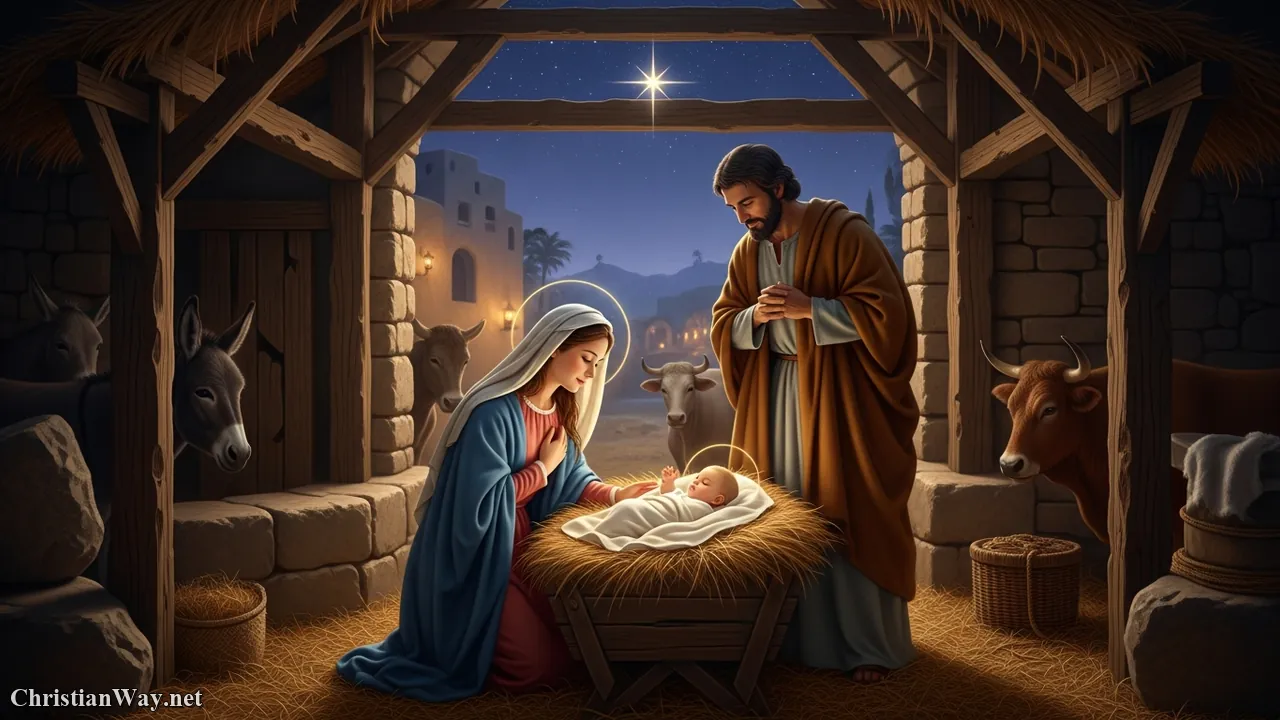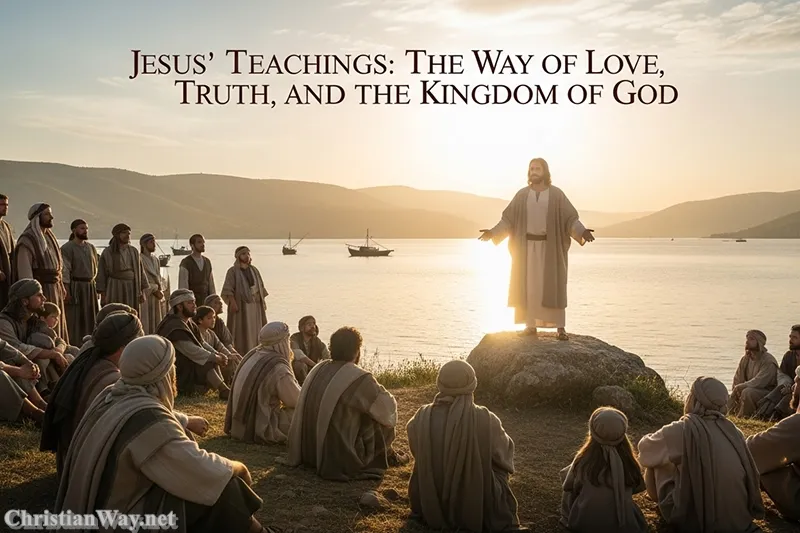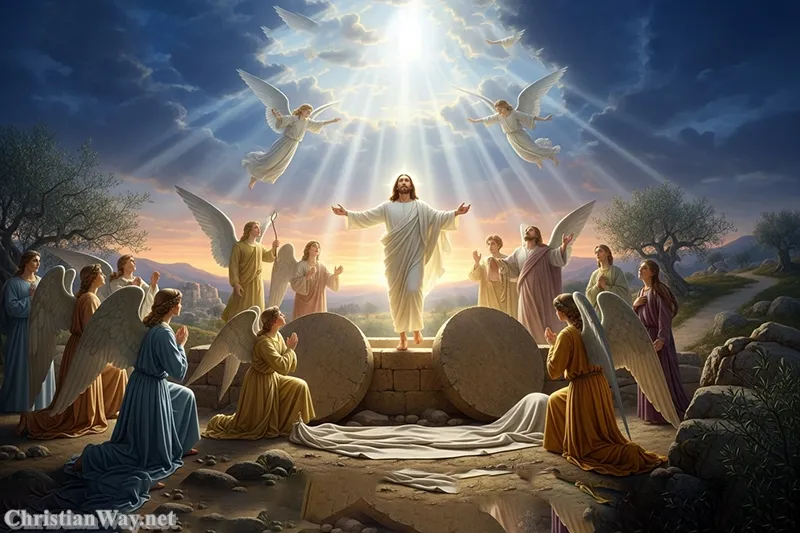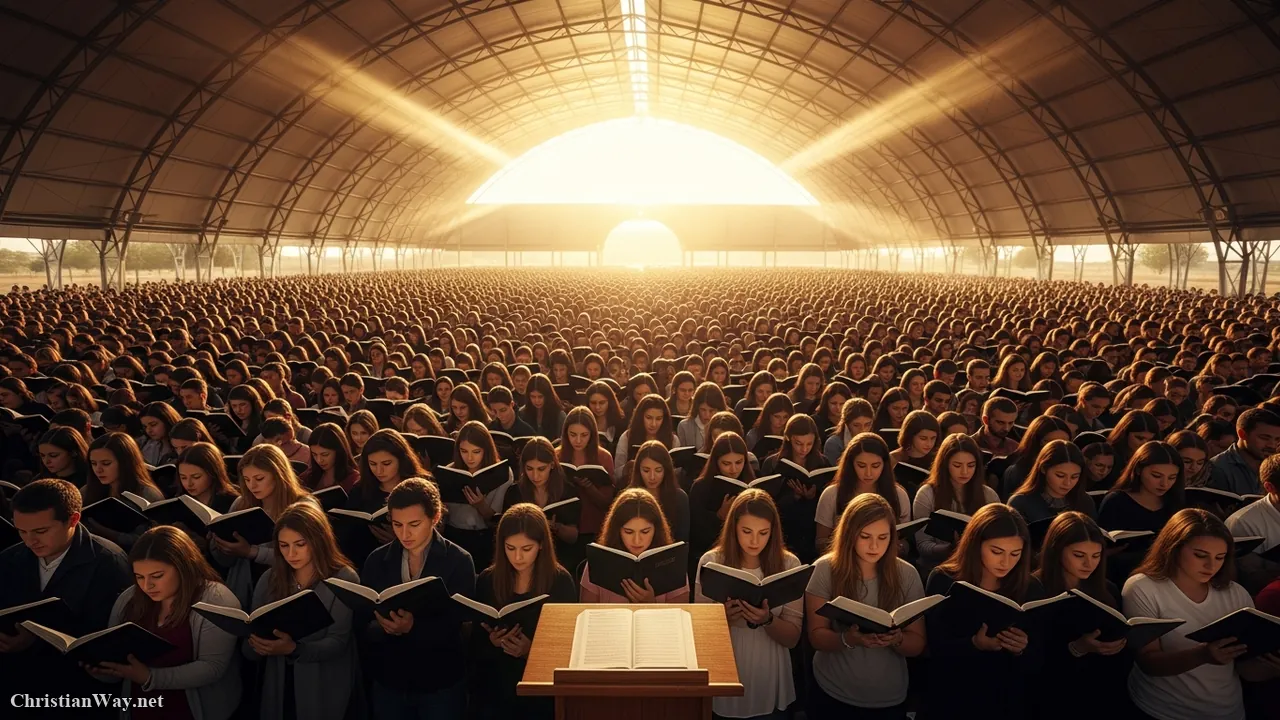Dear friends in Christ,
Every human heart, at some point, asks a question that pierces through every layer of life’s comfort and confusion: “Can I be saved?” Beneath that question lies a deeper longing — the yearning to be made whole again, to be known, forgiven, and loved without condition. From the dawn of time, humanity has carried the weight of this question. And it is precisely here, in this ache for redemption, that the Christian message begins.
Salvation in Christianity is not merely a doctrine to be studied or a moral code to be followed; it is the heartbeat of the Gospel itself. It tells the story of a God who did not remain distant but entered history to rescue His creation from sin and death. It reveals a love that does not demand perfection but transforms brokenness. It is the divine drama of a Father reaching out to His lost children, through His Son, in the power of the Holy Spirit.
As we reflect on the mystery of salvation, let us open our hearts to the truth that salvation is not just about the life to come — it is about the life we live now, redeemed and renewed by grace.
The Human Need for Salvation
The Fall and the Fracture
The story of salvation begins, paradoxically, with a loss. In the Book of Genesis, we encounter a humanity created in perfect communion with God — walking in the garden, unashamed, radiant with innocence. Yet this harmony was shattered when human freedom turned away from divine love. “The woman saw that the tree was good for food, pleasing to the eyes, and desirable for gaining wisdom” (Genesis 3:6). In that moment, sin entered the world — not as a single act, but as a rupture of relationship.
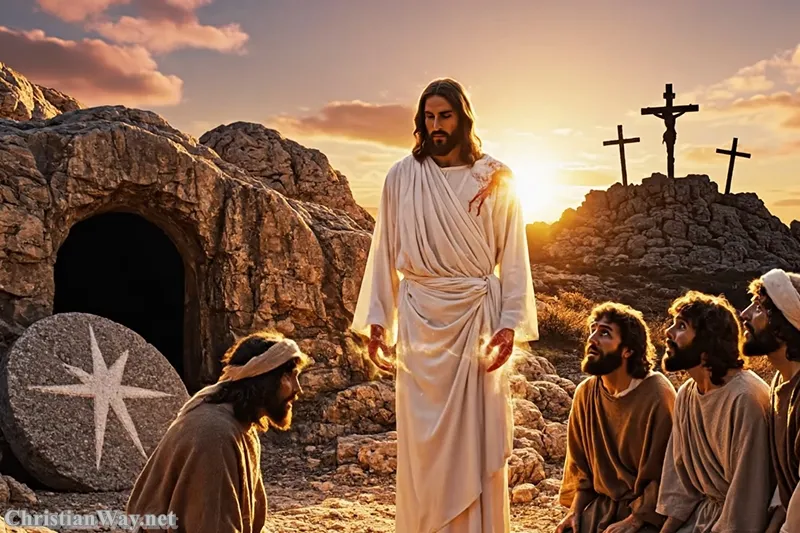
This is what the Christian tradition calls the Fall — the turning of the human heart away from God toward self. The result was alienation: from God, from others, from creation, and even from one’s own soul. “For all have sinned and fall short of the glory of God” (Romans 3:23).
Every age, every person, bears this echo of Eden — the wound of separation. No amount of human achievement or moral effort can heal it on its own. Salvation, then, is not self-improvement. It is divine rescue.
The Cry of the Human Heart
Every culture throughout history has sought salvation in some form — through rituals, knowledge, or power. Yet all these attempts reveal the same truth: we cannot save ourselves. Even in our modern world, filled with technology and progress, we sense this helplessness. We hunger for peace, yet our hearts remain restless. We build towers of success, yet our souls whisper of emptiness.
As St. Augustine confessed, “You have made us for Yourself, O Lord, and our hearts are restless until they rest in You.”
God’s Plan of Salvation
The Covenant Love of God
God’s response to human sin was not abandonment but mercy. From the earliest pages of Scripture, we see the slow unfolding of divine love. God calls Abraham, promising that “in you all the families of the earth shall be blessed” (Genesis 12:3). He delivers Israel from slavery in Egypt, giving them the Law — not as chains, but as a guide toward freedom. Through prophets and kings, He speaks again and again: “I will be your God, and you will be My people.”
This covenantal love reveals a God who is patient, faithful, and near. Yet even the most righteous among Israel knew that something more was needed — a Redeemer who could heal the wound of sin once and for all.
The Fulfillment in Christ
The fullness of salvation is found in Jesus Christ. He is not merely a messenger of salvation; He is salvation itself. In Him, the eternal Word of God became flesh (John 1:14), entering our human story to redeem it from within.
Through His life, death, and resurrection, Christ accomplished what no human effort could. “For God so loved the world that He gave His only Son, that whoever believes in Him should not perish but have eternal life” (John 3:16).
The Cross stands as the center of Christian faith — the meeting place of divine justice and divine mercy. There, Jesus bore the weight of our sin, reconciling humanity to the Father. His resurrection, three days later, was the triumph of life over death, light over darkness, hope over despair.
Salvation, then, is not an abstract idea but a person — Jesus Christ, our Savior and Lord.
How Salvation Is Received
By Grace Through Faith
The New Testament proclaims with clarity: “By grace you have been saved through faith, and this is not your own doing; it is the gift of God” (Ephesians 2:8).
Grace — charis in Greek — is pure gift. It cannot be earned or deserved; it is given freely because God loves freely. Faith, then, is not a mere intellectual assent but a living trust in this divine love. To believe in Christ is to surrender the illusion of self-sufficiency and to rest in the mercy of God.
The Sacramental Life
In the life of the Church, salvation is not only proclaimed but also made present. The sacraments — Baptism, the Eucharist, Reconciliation, and others — are not mere symbols; they are channels of grace, through which the saving power of Christ touches our lives.
In Baptism, we are “buried with Christ” and “raised to new life” (Romans 6:4). In the Eucharist, we receive His Body and Blood, the very life of the Savior poured into ours. In Confession, we encounter His forgiveness anew, as He whispers to our hearts, “Your sins are forgiven; go in peace.”
Through these sacred mysteries, salvation becomes not a distant promise but a daily reality — the ongoing transformation of the heart by divine grace.
Salvation and the Christian Life
Conversion of Heart
Salvation is not a one-time event but a lifelong journey. While Christ’s saving act on the Cross is complete, its fruits unfold gradually within us. Conversion — or metanoia — means turning from sin and turning toward God, again and again. It is the daily choice to live as those who have been redeemed.
This journey is marked by both struggle and grace. The Christian does not walk in perfection, but in perseverance. We fall, we rise, and we keep our eyes on Christ. As St. Paul writes, “Work out your salvation with fear and trembling, for it is God who works in you” (Philippians 2:12–13).
Love as the Fruit of Salvation
If faith is the door, love is the house in which salvation dwells. The measure of a redeemed life is not religious knowledge but charity — the love that mirrors God’s own. Jesus declared, “By this everyone will know that you are my disciples, if you have love for one another” (John 13:35).
Salvation transforms the heart from within, making us capable of divine love. It turns judgment into mercy, pride into humility, indifference into compassion. The saved heart becomes a sanctuary of grace in the world — a reflection of Christ’s own heart.
The Hope of Eternal Life
The Resurrection Promise
Christian salvation does not end with the grave. The resurrection of Christ opened the gates of heaven, assuring us that death is not the end but the beginning of everlasting life. “Because I live,” Jesus said, “you also will live” (John 14:19).
The Christian hope is not wishful thinking; it is the firm confidence that our lives are held in the hands of a God who conquered death. The final fulfillment of salvation — the beatific vision — is union with God for all eternity, where every tear will be wiped away, and all things will be made new (Revelation 21:4–5).
The Communion of Saints
In this great mystery, we are never alone. The saints, who have gone before us, bear witness to the power of grace. They remind us that salvation is not only personal but communal — we are saved as part of a body, the Body of Christ.
The Church, both on earth and in heaven, is a living testimony to God’s redeeming work. Together with angels and saints, we proclaim: “Salvation belongs to our God who sits on the throne, and to the Lamb!” (Revelation 7:10).
Reflect and Pray
Salvation in Christianity is not merely about escaping punishment or securing a place in heaven. It is about being transformed by love — a love that reaches into our brokenness and brings forth life. It is about knowing, deep within, that we are seen, forgiven, and embraced by God Himself.
If you are weary or uncertain today, remember this: salvation is not far from you. It is already near — in your longing, in your repentance, in your hope. The Savior has already come. He stands at the door and knocks.
Let us open our hearts anew to His redeeming grace.
Lord Jesus Christ, Redeemer of the world, draw us into Your mercy. Heal the wounds of our hearts, forgive our sins, and make us instruments of Your love. May we live each day as children of Your salvation, and rest forever in Your peace.
— Fr. John Matthew, for Christian Way

